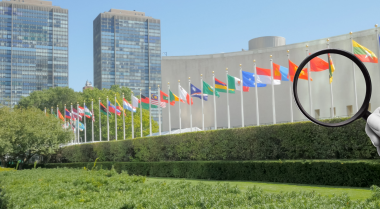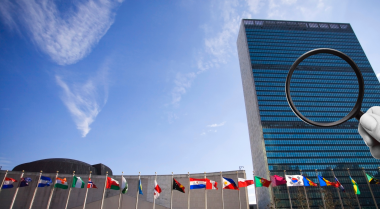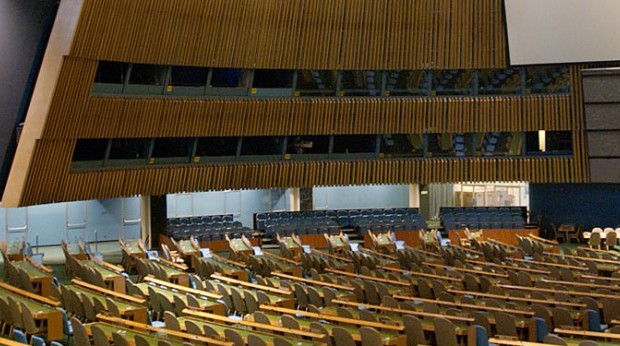
PBC Blog: New Frontiers in Financing for Peacebuilding within the Peacebuilding Commission
Recently, the international community came to the recognition that the full implementation of peacebuilding and sustaining peace is not possible without sustainable and adequate financing. While the Secretary-General has been calling for a “quantum leap” in financing for peacebuilding, the urgency of this request has been heightened in the light of the COVID-19 pandemic and its effects on peace and security as well as available funds for peacebuilding. In fact, as a result of the 2020 Review of the Peacebuilding Architecture, the General Assembly and Security Council agreed to hold a high-level conference on ensuring sufficient funding for peacebuilding during the 76th session of the General Assembly.
While financing for peacebuilding has been a topic of discussion for the PBC for a while, it has gained more attention recently. In previous years, the PBC’s work on financing for peacebuilding was framed by briefings from representatives of the Peacebuilding Fund (PBF) and discussions focused largely on increasing synergies between the PBF and the PBC. However, 2020 marked a change, reflecting the growing emphasis on financing for peacebuilding. Under outgoing Colombian and incoming Canadian chairmanship, three meetings, including an annual session, dedicated entirely to financing for peacebuilding were held.
Over the years, the conversation on financing has consistently centred on increasing voluntary contributions as well as increasing the donor base. In previous years, there was some discussion about the PBC using its convening role to increase the synergy between the PBF and International Financial Institution’s (IFIs). Continuing in this vein, the recent meetings about financing have brought about calls for more innovative financing approaches and even calls for increased funding for local and civil society peacebuilding efforts.
The current conversations and priorities miss the much-needed transformation towards more impactful - quality - financing.
While increasingly insufficient availability of predictable and sustainable financing for peacebuilding activities is a recognized challenge, analysis and improvements in the quality of peacebuilding financing – such as accessibility, flexibility, and sustainability – has seen less advancement, despite calls by Member States to measure the success of peacebuilding and sustaining peace “in terms of impact rather than outputs.”
However, there are several examples of accessible and flexible funding mechanisms. One successful example of an accessible funding mechanism, particularly for youth, is the YPS Small Grant Scheme that delivers flexible grants to youth peacebuilders and youth-led organisations. In Kyrgyzstan, flexible funding from the Peacebuilding Fund supported local ownership of a project led by a local civil society organisation, the Foundation for Tolerance International.
As the PBC has gained more recognition of its convening role within UN peacebuilding work, including through its ability to bring IFIs into the discussion, the PBC could use its convening power to further encourage the conversations on how peacebuilding donors could support more transformative and impactful peacebuilding work and connect with other actors who can support the donor community in this process.
However, this leaves several questions to the international community:
- What role can the PBC play, given existing mandate and capacities, in advancing conversations on quality of financing?
- What other actors could support the transformation of existing financing approaches in a way that encourages more impact in the field?



